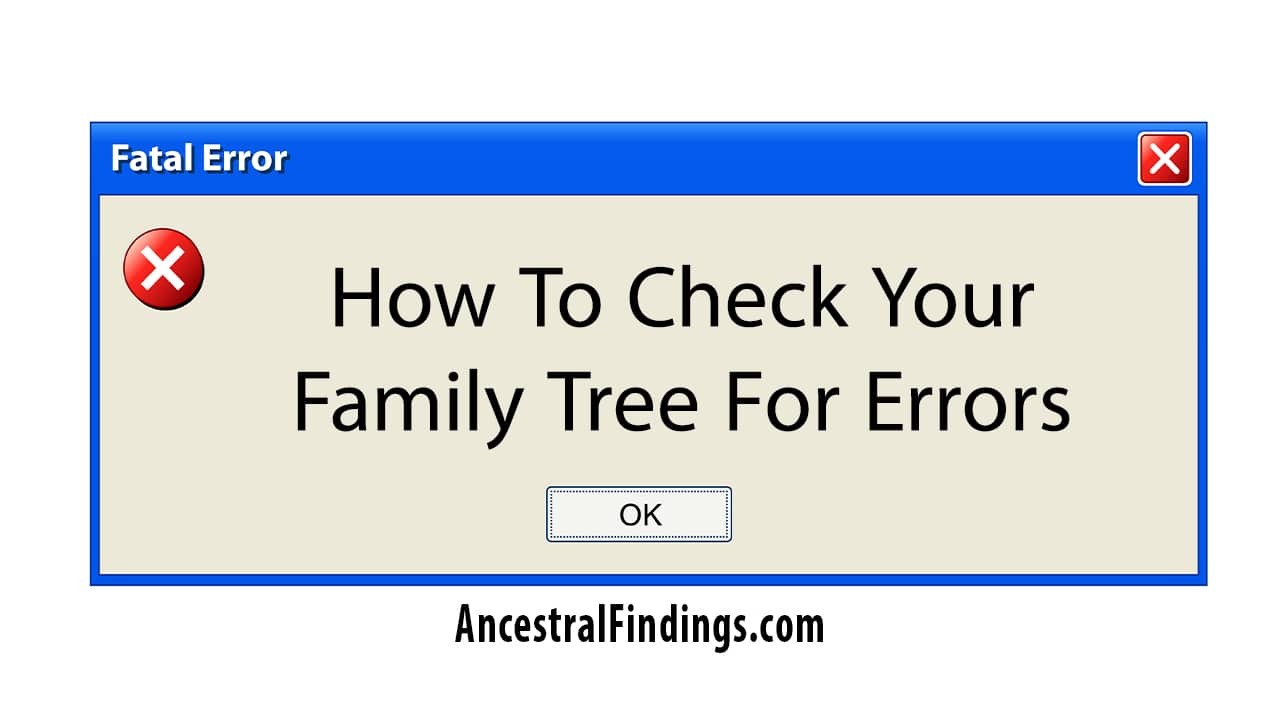If you are a beginner to genealogy, or if you have been doing it for some time, chances are high that you will eventually turn to DNA in your research. This is because it solves so many genealogical mysteries (or at least, it has the potential to when used correctly), as well as because it has become imminently affordable for most average people in recent years. Gone are the days of the early 2000s, when DNA testing cost thousands, even tens of thousands, of dollars. Now, you can get it done for a few hundred, or less if a company is doing a sale.
There are several different types of DNA tests you can do, depending on your research needs. The company you use will depend on both your budget and the types of tests they offer as compared to what you need to do with your DNA genealogy. One type of DNA testing you might choose is Y-DNA testing.
Y-DNA testing follows the direct male line in your family and only that. This is good if you are involved in a surname study, are looking for a missing or unknown father of an ancestor, or are doing lineage society work where you need to prove descent from a certain person. It is also good for mere curiosity as to your male genealogical line.
Men carry both the X and the Y chromosome, while women carry two X chromosomes and no Y chromosome. Therefore, women are able to inherit only X chromosomes, one from their father and one from their mom. Men inherit a Y chromosome from their father and an X chromosome from their mom. The Y chromosome has a haplotype assigned to it, and the attributes of this Y chromosome and its haplotype change very little over the centuries and millennia. It occasionally happens with random mutations, but even then, you can usually place people with a changed Y chromosome into their appropriate paternal family, because enough about the chromosome remains the same as the generations go by.
Because only men can inherit the Y chromosome, only men can do Y-DNA testing. Women can have it done to learn more about their paternal family, but they must have a direct-line male relative take the test for them. This could be their dad, a brother, an uncle, a grandfather, or any person who is related to them in an unbroken male line from one male to the other.
Once you do Y-DNA testing and look for potential genetic matches, you can see how you are connected to other people with the same paternal line as you. These may be people you never met or knew about before, but learning about them can help you paint a more accurate picture of your family tree. Of course, there is a chance you may find a “non-paternity event,” among these male line relatives, which means the Y-DNA does not match the other men in the line. Usually, this means the man in question was adopted, or has a biological father who did not raise him, who he may not know about, or have any idea existed, so be prepared for that possibility when doing Y-DNA testing.






